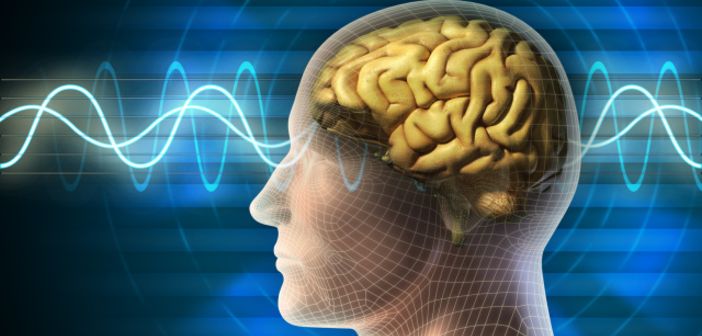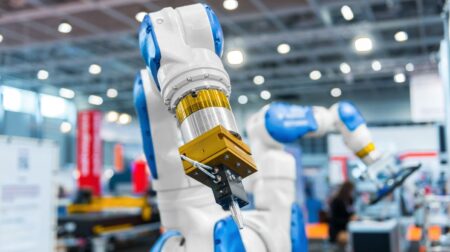NeuroHelp, a spin-off company from Ben-Gurion University, Israel, has developed a wearable AI device that can predict epileptic seizures.
Reportedly the world’s first AI-driven epileptic device, Epiness can alert wearers up to an hour before a seizure via a smartphone alert.
The company said it believes the device will be a valuable tool in managing drug-resistant epilepsy as current alarm systems offer only real-time seizure detection.
Epiness uses electroencephalogram (EEG) based monitoring of brain activity together with proprietary machine-learning algorithms. The wearable EEG minimises the number of electrodes by optimising placement on the scalp.
According to NeuroHelp, the algorithms filter noise unrelated to brain activity, extract informative measures of the underlying brain dynamics, and identify brain activity before an expected epileptic seizure.
During testing the algorithm reached a 97% accuracy level and the team is now working to create a prototype for clinical trials later this year.
Dr Hadar Ron, chair of NeuroHelp, said: “Current seizure alert devices depend on changes in movement, such as muscle spasms or falls. Epiness is also the only device that is based on brain activity rather than muscle movements or heart rate.
“We are confident that Epiness will be a valuable tool in the management of drug-resistant epilepsy.”
Last month NeuroHelp won first prize in the SilicoNegev start-up competition, which will see it awarded 500,000 ILS (around £113,000) investment.








